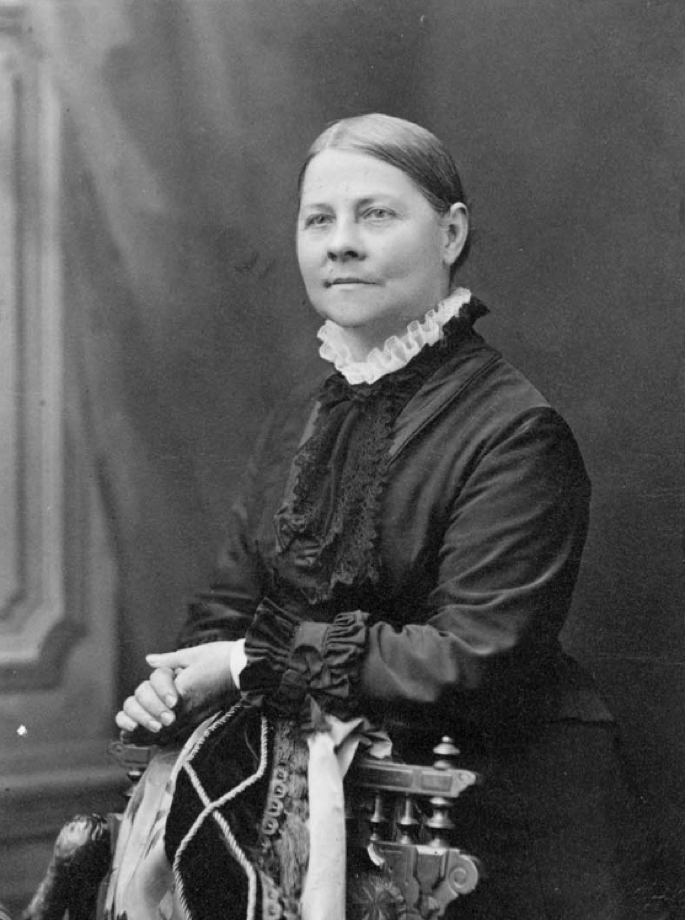Facts about Lucy Stone
Lucy Stone Biography
Lucy Stone was a 19th century abolitionist and an early leader of the women’s suffrage movement in the United States.
With little help from her family, Stone worked her way through college, finishing with a degree from Ohio’s Oberlin College in 1847. She was the first Massachusetts woman to earn a college degree.
Upon returning to her home state, Stone began her career as an activist, paid by the American Anti-Slavery Society. She gave her first speech at her brother’s church.
Stone was a popular and lively speaker, but eventually had to separate her abolitionist speeches from her women’s rights speeches. She charged for the women’s rights speeches and earned a respectable living.
Stone was instrumental in organizing an 1850 convention for women suffragists. It’s said her speeches brought Susan B. Anthony into the fight.
The group fighting for suffrage split after the Civil War, when the movement for women’s suffrage and the movement for racial equality collided in disagreement over the 13th, 14th and 15th amendments to the Constitution.
Stone founded the American Woman Suffrage Association (AWSA) in 1869 and a weekly newspaper, The Woman’s Journal, in 1870. She urged equality for women while still supporting the language of the 15th amendment, which specifically gave Black “male citizens” the vote — but not women.
That language and the amendment were opposed by the National Woman Suffrage Association, led by Susan B. Anthony and Elizabeth Cady Stanton (and considered the more radical group).
With the assistance of Stone’s daughter, Alice Stone Blackwell (1857-1950), the two groups reconciled by 1890 and formed the National American Woman Suffrage Association.
Stone lived long enough to see Black men get the vote, but not long enough to see women get the vote.
Extra credit
Lucy Stone married Henry Blackwell in 1855. He shared her political views on women’s rights (his sisters were Elizabeth and Emily Blackwell, the first two women to get medical degrees in the U.S.); Stone famously kept her own name after marrying Blackwell, the first woman in Massachusetts to officially do so.

